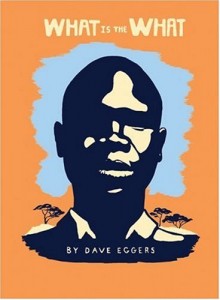 Recently the Huffington Post reported on a Pentagon official who stated that if Martin Luther King were alive today he would support the wars in Iraq and Afghanistan. This is a bold statement, considering King was not a fan of the war of his day, and is best known for his non-violent approach to problem solving.
Recently the Huffington Post reported on a Pentagon official who stated that if Martin Luther King were alive today he would support the wars in Iraq and Afghanistan. This is a bold statement, considering King was not a fan of the war of his day, and is best known for his non-violent approach to problem solving.
My immediate reaction is to insulted and explain that MLK was a pacifist, and would never support any war. The problem is, I don’t know if King would or wouldn’t support a war in Afghanistan. Neither does the Pentagon or the Huffington Post.
King has reached a point of secular sainthood rivaled only by Gandhi, “the historical Jesus” and the founding fathers. Their ideals have become such a deep part of American folklore that few understand who they were and what they really accomplished. We use their names like some sort of magical incantation to justify our opinions.
We can learn from King’s thoughts on war, but he did not have an opinion on the 21st century war in Afghanistan. Gandhi did not have an opinion 21st century trends in global warming. Jesus did not have an opinion on capitalism or Marxist redistribution of wealth.
While it is essential to look to the great thinker and spiritual leaders for wisdom, it dishonors their legacy and credibility attach their name to opinions we have developed on modern cultural issues.
Today as we honor King, let’s remember what he did and who he was. Remember that he was willing to suffer and die for his dream.
What have you done to honor his dream come?
What would you be willing to suffer to accomplish your dreams?



 The classic “How could a loving God allow for all the pain in our world?” question is the number one proof for atheism. I often hear stories of people who have lost their faith over this question.
The classic “How could a loving God allow for all the pain in our world?” question is the number one proof for atheism. I often hear stories of people who have lost their faith over this question.  We are sadly witnessing the last season of the most daring and complicated Space Opera to ever hit the small screen. Like any good science fiction, Battlestar Gallactica is little more that a thin veneer of sci-fi, used to address complex social issues. They’ve taken on war, racism, suicide, terrorism, and the threats of theocratic goverments.
We are sadly witnessing the last season of the most daring and complicated Space Opera to ever hit the small screen. Like any good science fiction, Battlestar Gallactica is little more that a thin veneer of sci-fi, used to address complex social issues. They’ve taken on war, racism, suicide, terrorism, and the threats of theocratic goverments.





 Tweets
Tweets